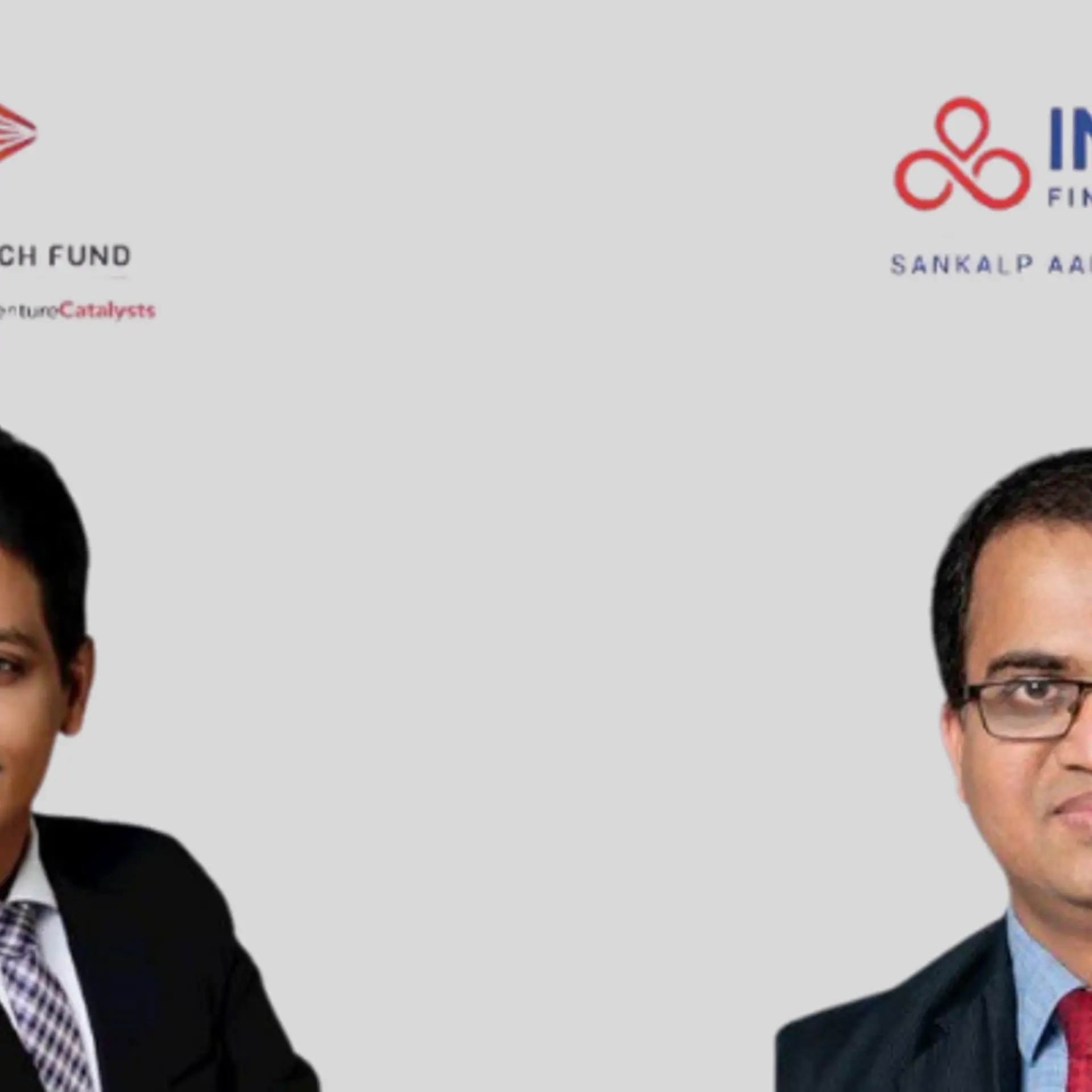With its Thrasio-like model, Opontia aims to be MENA’s online house of brands
Opontia is working to become the next-gen ecommerce group in Eastern Europe, Middle East, and Africa by acquiring, operating, and scaling D2C brands.
In 2021, Ahmed Sami and Rana Hassan, Founders of D2C medical pillow brand Novimed, received a call from new-age company .
Novimed, which started with two products, had expanded into 22 products, was a registered entity on Amazon, and had an average order value per customer of AED 1,000. The startup was now looking to raise funding and ramp up hiring.
“Opontia introduced itself as a new-age company that acquires brands fully and scaled up businesses to the second stage,” Sami recollects.
Sami, who had worked in pharma for more than a decade, had worked out that many people suffering from acid reflux needed to sleep in the right position. He discussed the idea with his wife, Hassan, and they started Dubai-based D2C brand Novimed in 2017.
“We started with medical pillows. At this time there was one for the adults with acid reflux, and two for the babies. The business and brand was completely offline,” says Sami, in a conversation with YourStory Gulf Edition.
Sami’s earlier experience in the world of healthcare and medicine helped, and the team started by manufacturing in China and later added a unit in Ajman, UAE.
His conversation with Opontia Founders Philip Johnson and Manfred Meyer revealed the opportunity. “We did our research and realised the company knew what it was doing. This would be the next big and logical step for Novimed,” Sami says.
By August 2021, the team was acquired by Opontia.
This Dubai bootstrapped startup is making clean, conscious beauty mainstream
Starting Opontia
Launched in 2021, UAE-based Opontia now has operations across Riyadh, Istanbul, the larger MENA region, and Warsaw. Having been in the VC and consulting space, especially in the Africa region, Johnson found several brands with great business pitching to him.
“But they weren’t VC-fundable, in the sense that it would be hard to define how these businesses could grow and expand. These were great brands but they had real problems in terms of working capital, and other issues. Also, they didn’t have the experience to run a large ecommerce brand,” Johnson says.
Opontia thus fills a need in the market, to help businesses scale and grow. It aims to become the next generation ecommerce group in Eastern Europe, Middle East, and Africa by acquiring, operating, and scaling “brands with superstar products”.
Johnson says it works for people looking to sell and exit their businesses as well as for those who need help to manage their businesses.
“We buy ecommerce brands and help them scale as fast and possible; we give founders a share in the profits and an upfront payout,” Johnson says.
Acquisition numbers are undisclosed, and the team refused to share the percentage of the profit sharing.
Many founders continue to operate independently, but Johnson says many founders, who prefer brand management and product development, realise that this helps them with warehousing, logistics, digital marketing etc.
“It’s a great opportunity for many founders,” Johnson says.
Funding and model
Opontia raised $42 million in December 2021 in a round led by STV and with participation from Raed Ventures, Global Founders Capital, Upper90, and VentureSouq. Angel investors Salman Butt, of Salla, and Wiktor Namysl, of McKinsey Poland, were also part of the round.
San Francisco-based venture debt fund Partners for Growth funded Opontia’s debt financing.
The Opontia team spends a week analysing a company to decide on the acquisition amount. Next up before the sale is the due diligence. On an average, founders continue to be a part of the team for six months for consultation etc.
The model may seem Thrasio-like, but Johnson explains that not all regions are the same. For example, in the US, the market is different as there are low barriers of entry for new brands and there is a dominant marketplace (Amazon) with strong control on pricing.
“Our markets have more fragmentation and higher barriers to entry. Also, there is not one dominant marketplace - there is Amazon, Noon, etc, and pricing control isn’t that strong,” Johnson says.
Opontia follows in the footsteps of similar brands that operate across the world - Heyday, Berlin Brands Group, Branded, Razor Group, Mensa Brands, Elevate, SellerX, and UAE’s Millennial Brands.
According to Euromonitor, the Middle East has over 108 million young consumers between 18-25 years, who are digitally savvy and looking for new brands. The market is growing at 35% CAGR by 2026.
Plans for the future
The selection criteria to be chosen by Opontia for acquisition are strict. Startups must have annual revenues of $500,000, with 20-25% profit margins.
Opontia stays away from consumer electronics, consumer goods, and fast fashion as they are complicated operationally.
“We look at home and living, kitchen and bath, toys, sports, cosmetics, etc. Basically physical things you can put in a warehouse. The startup must have its own brand; it should not be just a distributor. It should be based in the UAE, Saudi Arabia, Kuwait, and Turkey, and should be an at least 80% online brand,” Johnson says.
The team also looks at margins, customer retention, and growth rates. Currently, half of Opontia’s sales come from D2C brands and the other half from marketplace brands.
“Marketplaces give you traffic with lower customer acquisition cost, but you don’t have data. So cross-selling gets tougher. In D2C, everything has to be pushed but you get customer data for targeted cross-selling.”
All profits from the brands comes to Opontia until the end of the profit-sharing period.
“We are like an online Unilever or P&G,” says the founder, adding that the startup is looking to expand to Egypt, Pakistan, and the larger MENAP region.
For any press related queries or to share your press releases, write to us at
gulf@yourstory.com.
Edited by Teja Lele







